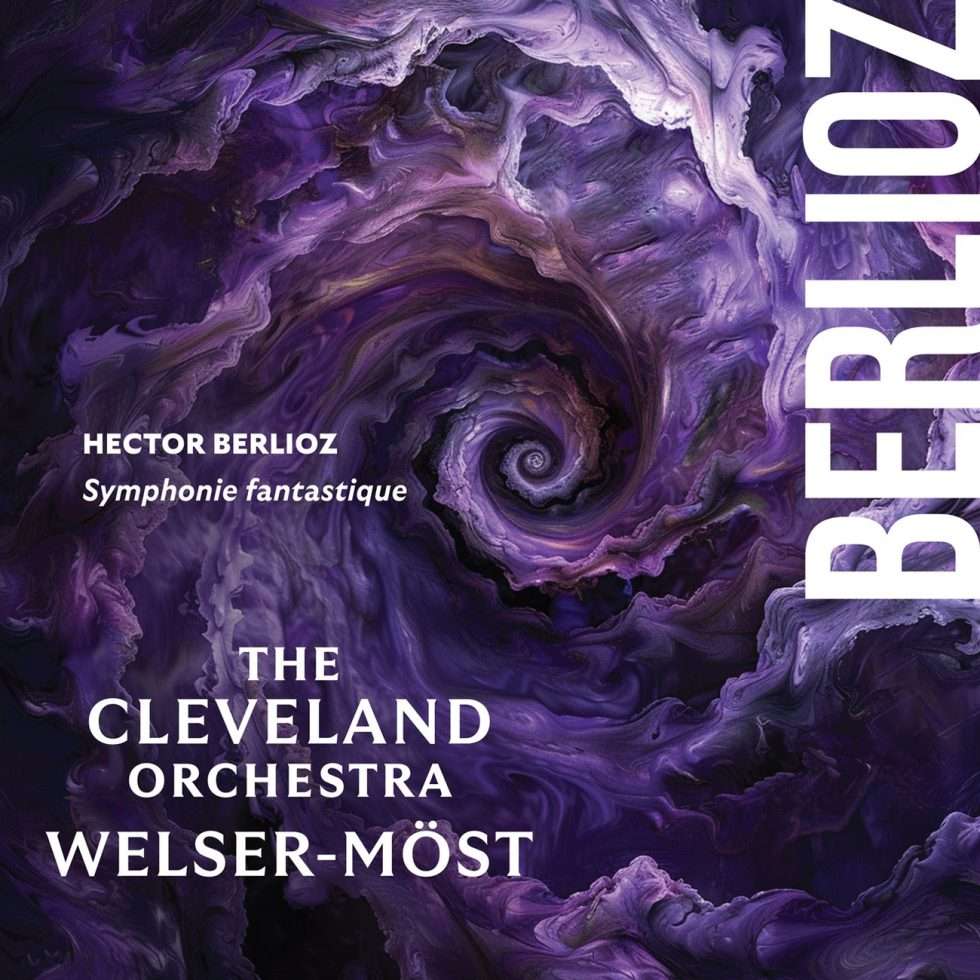BERLIOZ Symphonie fantastique (Welser-Möst)
View record and artist detailsRecord and Artist Details
Genre:
Orchestral
Label: Cleveland Orchestra
Magazine Review Date: 01/2025
Media Format: Download
Media Runtime: 50
Mastering:
DDD
Catalogue Number: TCO0013

Tracks:
| Composition | Artist Credit |
|---|---|
| Symphonie fantastique |
Hector Berlioz, Composer
Cleveland Orchestra Franz Welser-Möst, Conductor |
Author: Edward Seckerson
It’s fascinating how quickly the tone of a recorded performance establishes itself. There’s a luxuriance about this reading both in sound and spirit that sits well with the ‘Reveries and Passions’ of the first movement as the fantasy of actress Harriet Smithson – Berlioz’s abiding obsession – is played out through a kind of opioid haze. The sheen of the Cleveland Orchestra strings, so handsomely filled out at the bass end, is most seductive and winds subtly blended so that the music kind of wafts into our consciousness. Come the central climax, though, I am wanting to hear more definition at the rear of the orchestra, more trumpets, crisper timpani, a sharper rhythmic profile. And so it goes on.
Franz Welser-Möst’s Austrian heritage has a slick way with ‘A Ball’ which is marked out by its fleetness and absolute resistance to Viennese rubato. Again, though, it’s string-centric and whipped up like a soufflé. ‘Scene in the Country’ is very verdant, trippy, lush – but I don’t feel much atmosphere in the pastoral exchanges, on and offstage, of cor anglais and oboe or in contrast the sudden and stormy hallucination at the heart of the movement. The not so distant rumbling of thunder in the innovative timpani chords at the close of the movement sound simply immaculate.
And so I could have predicted in the first few minutes of the performance that the grisly apparitions of the last two movements would very likely suggest plush interiors and polished chrome. This is a Cadillac of a performance desperately in need of some radical roughing up. Why so much legato in the trumpets of ‘The March to the Scaffold’? No brightness, no brassiness, no rhythmic swagger to their manner and the low growl of trombones virtually inaudible. The roar of brass across the closing page should be precipitous and more than a little terrifying. Berlioz is quite literally losing his head.
The spirit of the word ‘grotesque’ is nowhere in this performance, the ‘special effects’ super-refined. Welser-Möst’s witches (on the occasion of their Sabbath) might just as well be on the catwalk displaying why black and pointy hats are all the rage this season. Even the unison bellowing of the ‘Dies irae’ in four bassoons and two tubas sounds like ugly is chic. Rebellious? Orgiastic? Not a bit of it. The spacious aural imaging doesn’t help with the rear of the orchestra sounding recessed and the brass lacking immediacy and punch. When I think of what Leonard Bernstein and for that matter Klaus Mäkelä at this year’s Proms brought to the party in this final movement Welser-Möst sounds very pale indeed.
Discover the world's largest classical music catalogue with Presto Music.

Gramophone Digital Club
- Digital Edition
- Digital Archive
- Reviews Database
- Full website access
From £8.75 / month
Subscribe
Gramophone Full Club
- Print Edition
- Digital Edition
- Digital Archive
- Reviews Database
- Full website access
From £11.00 / month
Subscribe
If you are a library, university or other organisation that would be interested in an institutional subscription to Gramophone please click here for further information.




